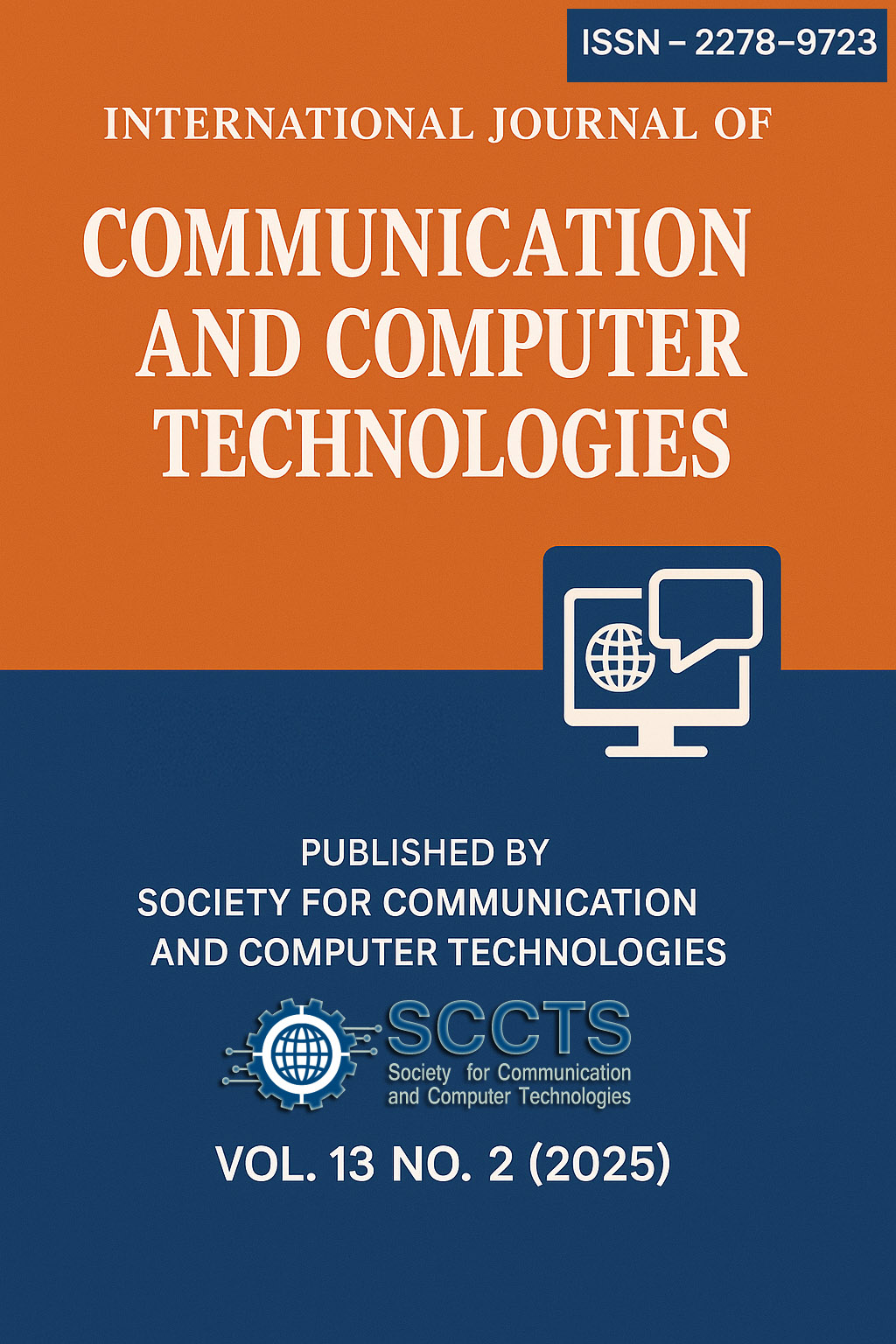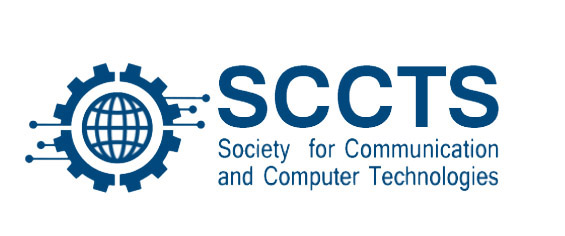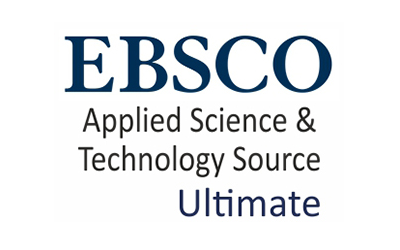MINIMIZING DELAY AND MAXIMIZING LIFETIME FOR WIRELESS SENSOR NETWORKS WITH ANYCAST
Keywords:
Anycast, energy efficiency, sleep wake scheduling, sensor networkAbstract
In this paper, we are interested in minimizing the delay and maximizing the lifetime of event-driven wireless sensor networks, for which events occur infrequently. In such systems, most of the energy is consumed when the radios are on, waiting for an arrival to occur. Sleep-wake scheduling is an effective mechanism to prolong the lifetime of these energy-constrained wireless sensor networks. However, sleep-wake scheduling could result in substantial delays because a transmitting node needs to wait for its next-hop relay node to wake up. An interesting line of work attempts to reduce these delays by developing any cast.-based packet forwarding schemes, where each node opportunistically forwards a packet to the neighboring node that wakes up among multiple candidate nodes. In this paper, we first study how to optimize the any cast forwarding schemes for minimizing the expected packet-delivery delays from the sensor nodes to the sink. Based on this result, we then provide a solution to the joint control problem of how to optimally control the system parameters of the sleep-wake scheduling protocol and the any cast packet-forwarding protocol to maximize the network lifetime, subject to a constraint on the expected end to end packet-delivery delay. Our numerical results indicate that the proposed solution can outperform prior heuristic solutions in the literature, especially under the practical scenarios where there are obstructions, e.g., a lake or a mountain, in the coverage area of wireless sensor networks.
Downloads
Published
How to Cite
Issue
Section
License
Copyright (c) 2023 International Journal of communication and computer Technologies

This work is licensed under a Creative Commons Attribution-NonCommercial-ShareAlike 4.0 International License.




 The articles in Worldwide Medicine are open access articles licensed under the terms of the
The articles in Worldwide Medicine are open access articles licensed under the terms of the 